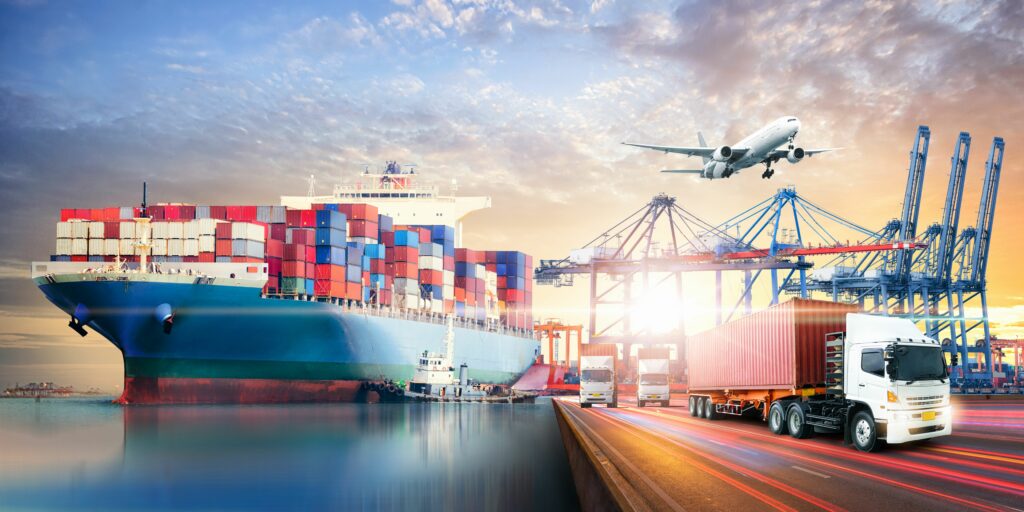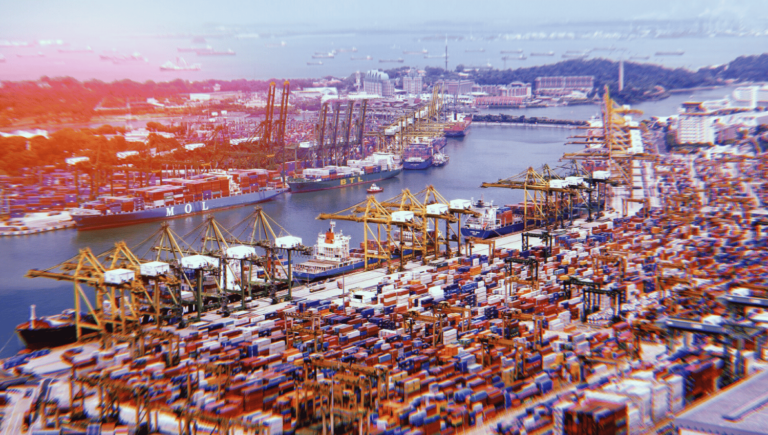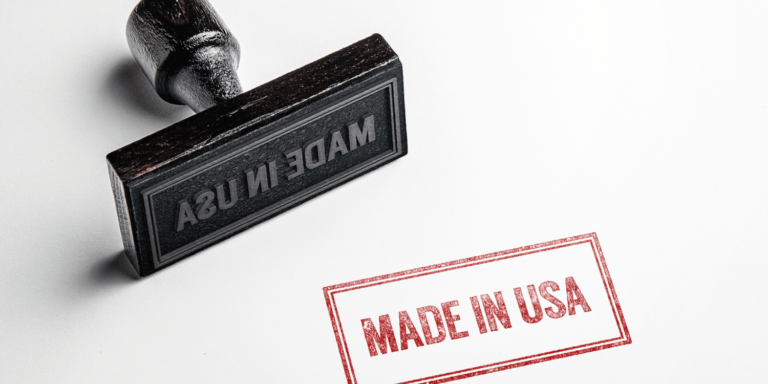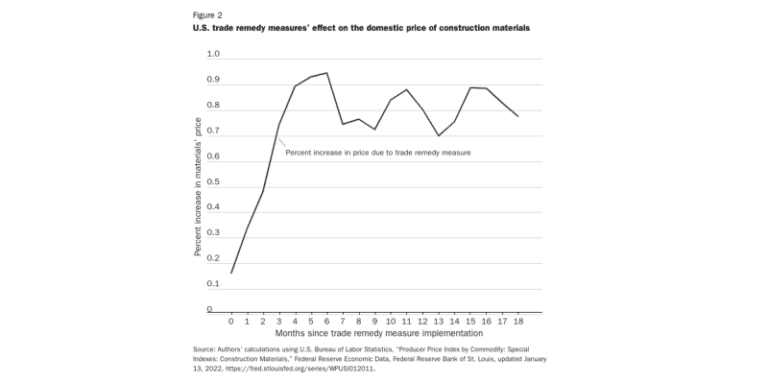Navigating the Changing Landscape: Key European Trade Regulations Impacting Supply Chains in 2024
The European Union is introducing seven new trade and customs regulations that will impact European supply chains in 2024. These new directives will require businesses to remain vigilant and prepared for upcoming changes in compliance requirements. With the rapidly evolving landscape of international trade, it is becoming even more necessary to have a comprehensive understanding of customs compliance. This understanding can save businesses time and money, as well as support their sustainability goals.
In this article, Maersk highlights some of the significant changes in customs and international trade that will take effect in 2024. Maersk offers insights into what these changes mean for European businesses and how organizations can prepare to navigate the new regulatory waters.
One of the significant changes coming in 2024 is the European Union’s decision to include shipping in the EU Emissions Trading System (ETS) starting in January 2024. The ETS sets an annual absolute limit on emissions of certain greenhouse gases and requires the purchase of allowances for emissions. The directive will apply to all voyages that involve ports of loading and/or discharge within the EU/EEA.
Another significant change involves the Carbon Border Adjustment Mechanism (CBAM), which places a price on carbon-intensive products imported into the EU, such as cement, iron, steel, and aluminum. The purpose of the CBAM is to prevent carbon leakage. EU member states have entered a transitional period of CBAM, which requires quarterly reporting of emissions, with the first report due on January 31, 2024.
The new version of the EU Combined Nomenclature (CN) also takes effect on January 1, 2024. The CN is updated annually, and it determines which rate of customs duty applies to goods and how they are treated for statistical purposes. Businesses need to ensure that customs declarations reflect new or updated CN codes to avoid errors, potential fines, and delays at customs.
Starting on January 31, 2024, the first phase of the Border Target Operating Model (BTOM) will take effect in the UK. According to the model, customers will need to check the risk levels of their commodities to ensure they are prepared for upcoming changes in the border process. The introduction of health certification on imports of medium risk animal products, plants and plant products, and high-risk food and feed of non-animal origin from the EU is part of the first phase of the BTOM.
The European Union’s customs pre-arrival safety and security system, Import Control System 2 (ICS2), will update on March 1, 2024, with all goods transported to or through the EU subject to new requirements. Businesses must ensure compliance by obtaining an Economic Operators Registration and Identification (EORI) number from one of the EU Member States’ customs authorities.
Under the Northern Ireland Retail Movement Scheme, food products will require individual product labels with the words “Not for EU.” In the first phase, which started on October 1, 2023, only products moving into Northern Ireland under this scheme will need to meet labelling requirements. The second phase of the scheme starts on October 1, 2024, and will extend these requirements to milk and dairy products moving to Northern Ireland under the scheme.
In conclusion, these new customs and international trade regulations will require businesses involved in European supply chains to understand and adapt to the new regulatory environment. Finding a trusted customs partner can help take the burden of staying on top of new regulations away from the business. Maersk Customs Services, for instance, has a team of customs consultants who have a deep understanding of European regulations, and can help businesses leverage free trade agreements, optimize their customs process, and make the switch from transactional to strategic customs.
Source: https://www.maersk.com/news/articles/2023/12/06/european-trade-regulations

International Logistics
If you’ve ever considered expanding your expertise in the dynamic field of logistics and supply chain management, now is the perfect time to take the plunge. Sign up now for an upcoming course:








